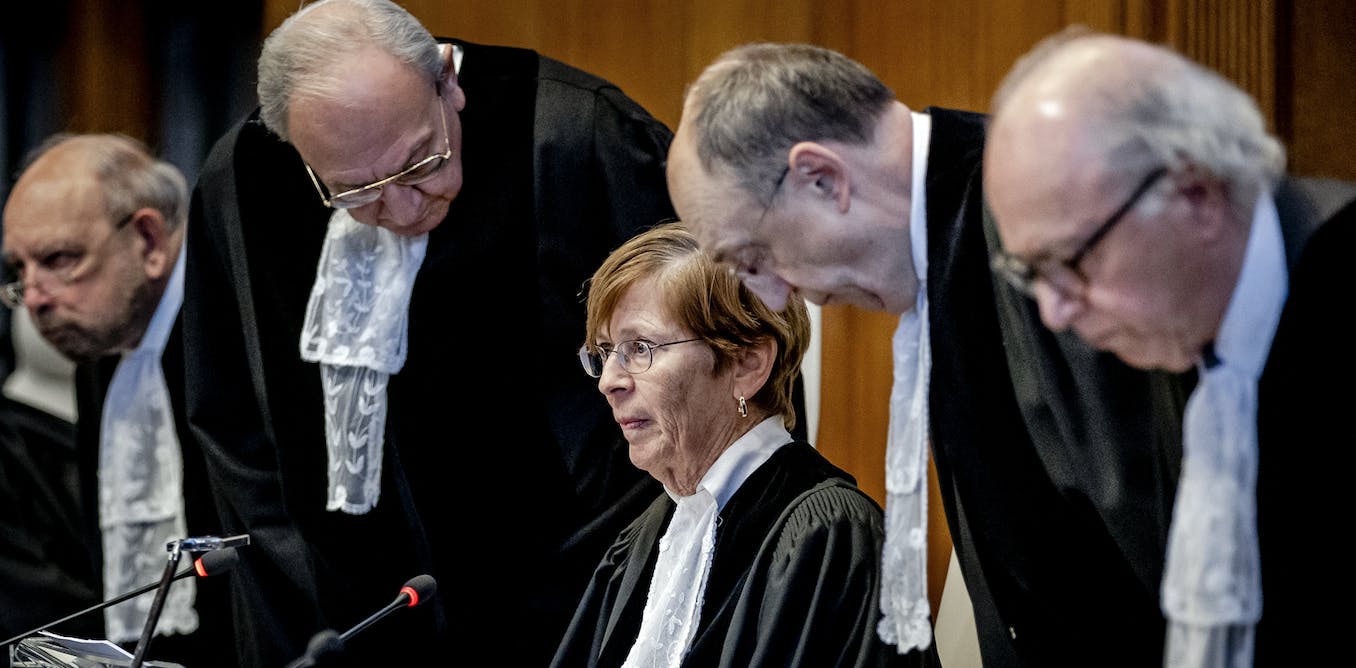The International Court of Justice (ICJ) has ordered Israel to prevent possible genocide against Palestinians in Gaza, but did not call for a cease-fire as South Africa had requested. South Africa filed a complaint in December 2023 accusing Israel of committing genocide against Palestinians and requested the ICJ to order a halt to the war in Gaza. Israel argues that it is trying to minimize civilian harm and that South Africa is weaponizing the term genocide. The court’s ruling does not determine whether Israel is committing genocide, but it does order Israel to comply with six provisional measures and ensure Palestinian civilians have access to humanitarian aid.
The ICJ’s ruling has significant implications. South Africa wanted an immediate cease-fire, while Israel wanted the case to be dismissed entirely. The court ruled that the case falls under its jurisdiction and that South Africa’s claim of genocide is plausible. It also highlighted the dire situation for civilians in Gaza and ordered Israel to comply with the provisional measures, including the release of hostages held by Hamas. The ruling increases pressure on Israel to limit civilian casualties and provide humanitarian assistance. It may also contribute to negotiations for a hostage release and cease-fire between Israel and Hamas.
The ICJ lacks enforcement power, so the ruling’s tangible impact remains uncertain. The court focuses on resolving legal disputes between countries and does not prosecute individuals. The International Criminal Court is responsible for investigating and prosecuting individuals for war crimes, crimes against humanity, and genocide. While the ICJ’s provisional measures have been issued in other cases, such as Myanmar and Russia, they have had limited effect. The ICJ’s track record on genocide cases, such as the Bosnia-Serbia case, shows that reaching a final decision can take years.
Overall, the ICJ’s ruling raises awareness of the situation in Gaza and puts pressure on Israel to comply with the provisional measures. However, the long-term outcome and enforcement of the ruling remain uncertain.









